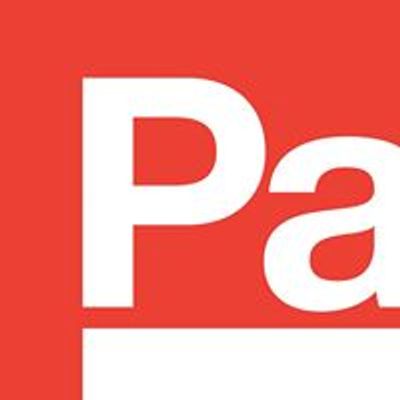
Advertisement
Science & Cocktails is a series of public talks by scientists with live music and smoky dry-ice chilled cocktails in your hand.19:00 doors open for cocktails
19:30 Live music (TBA)
20:30 Amade M’charek (talk)
Event in English, semi-seated.
Be the first to know when the next Science & Cocktails Amsterdam event(s) will take place by subscribing to our newsletter.
How can we harness the powerful techniques of forensic identification, genetic genealogy, and identifying Neanderthal genes to learn about our history and identity without falling back on outdated, divisive notions of race? How do forensics and genetics challenge or reinforce the idea of race? What risks arise from using DNA technology in racial or ethnic profiling? What can genealogical research and Neanderthal DNA tell us about human history without perpetuating racial stereotypes?
Based on DNA research of populations worldwide, genetics has shown that humans are 99,9% identical. This once again proves that ‘race’ has no biological basis and that the idea that people can be distinguished based on alleged racial differences does not hold water. At the same time, DNA testing is increasingly being used to determine the ethnicity or race of a suspect or to find out where our ancestors come from. In her lecture, Amade M’charek will elucidate how ethnic profiling, genealogical research, Neanderthal DNA, and DNA testing are related to each other. The social challenge and therefore the key question is: how can we use these new techniques to learn more about ourselves and our history, without reverting to and relying on outdated ideas about ‘race’?
About the speaker:
Prof. Dr. Amade Aouatef M’charek is a professor of Anthropology of Sciences at the University of Amsterdam and a member of the Dutch Royal Academy of Science. In her research, she examines the impact of science and technology on society and vice versa, in fields such as forensics, forensic anthropology, population genetics, or biomedical practices. Therein she focuses on normative issues such as race and racism, colonial relations, and extractions. She has led various team-based projects on these issues, such as the RaceFaceID project, a project on ‘face making and race making in forensic identification’, the Pressing Matter Project, on the past, present, and future of colonial objects in museums; or Achieving good science: A cross-disciplinary study (together with Prof. Jeannette Posl) a comparative study into how good science is created and which factors pose a threat to good science and race. Through her research on migrant death, she has developed an interest in forensic methods for studying (post-) colonial relations, circulations, and extractions, which has resulted in the ERC-Advanced project Vital Elements and Postcolonial Moves: Forensics as the Art of Paying Attention in a Mediterranean Harbour Town.
This event is an initiative by the Dutch Institute for Emergent Phenomena (DIEP) with the support of the University of Amsterdam. Science & Cocktails Amsterdam is presented in cooperation with Paradiso Amsterdam.
Advertisement
Event Venue & Nearby Stays
Tolhuistuin, Amsterdam, Netherlands
Tickets










